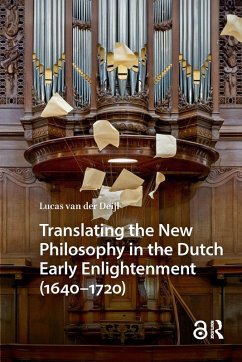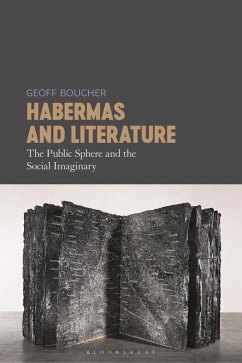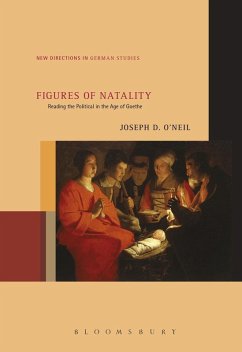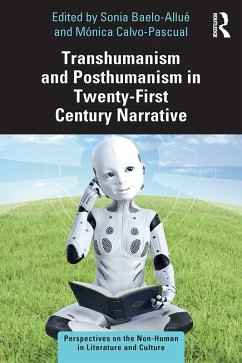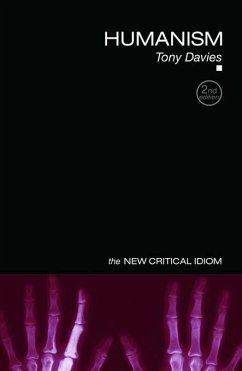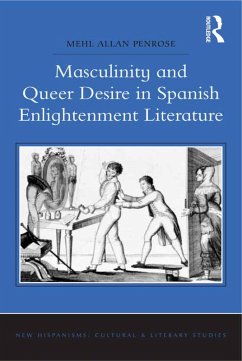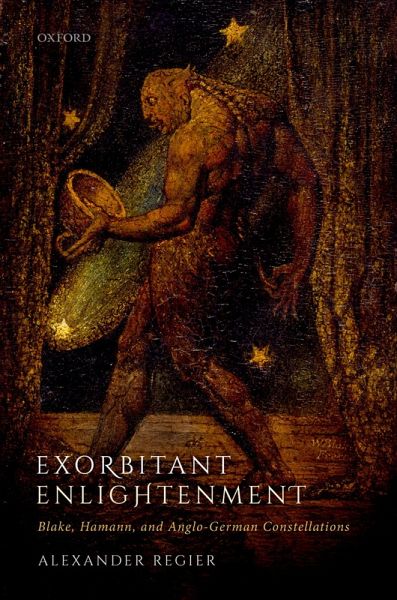
Exorbitant Enlightenment (eBook, ePUB)
Blake, Hamann, and Anglo-German Constellations
Versandkostenfrei!
Sofort per Download lieferbar
32,95 €
inkl. MwSt.
Weitere Ausgaben:

PAYBACK Punkte
16 °P sammeln!
Exorbitant Enlightenment compels us to see eighteenth- and early nineteenth-century literature and culture in new ways. This book reveals a constellation of groundbreaking pre-1790s Anglo-German relations, many of which are so radical so exorbitant that they ask us to fundamentally rethink the ways we grasp literary and intellectual history, especially when it comes to Enlightenment and Romanticism. Regier presents two of the great, untold stories of the eighteenth century. The first story uncovers a forgotten Anglo-German network of thought and writing in Britain between 1700 and 1790. From t...
Exorbitant Enlightenment compels us to see eighteenth- and early nineteenth-century literature and culture in new ways. This book reveals a constellation of groundbreaking pre-1790s Anglo-German relations, many of which are so radical so exorbitant that they ask us to fundamentally rethink the ways we grasp literary and intellectual history, especially when it comes to Enlightenment and Romanticism. Regier presents two of the great, untold stories of the eighteenth century. The first story uncovers a forgotten Anglo-German network of thought and writing in Britain between 1700 and 1790. From this Anglo-German context emerges the second story: about a group of idiosyncratic figures and institutions, including the Moravians in 1750s London, Henry Fuseli, and Johann Caspar Lavater, as well as the two most exorbitant figures, William Blake and Johann Georg Hamann. The books eight chapters show how these authors and institutions shake up common understandings of British literary and European intellectual history and offer a very different, much more counter-intuitive view of the period. Through their distinctive conceptions of language, Blake and Hamann articulate in different yet deeply related ways a radical critique of instrumental thought and institutional religion. They also argue for the irreducible relation between language and the sexual body. In each case, they push against some of the most central cultural and philosophical assumptions, then and now. The book argues that, when taken seriously, these exorbitant figures allow us to uncover and revise some of our own critical orthodoxies.
Dieser Download kann aus rechtlichen Gründen nur mit Rechnungsadresse in A, B, BG, CY, CZ, D, DK, EW, E, FIN, F, GR, HR, H, IRL, I, LT, L, LR, M, NL, PL, P, R, S, SLO, SK ausgeliefert werden.





